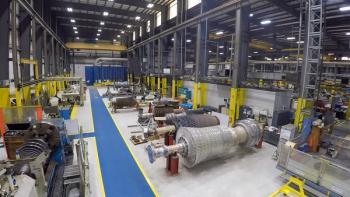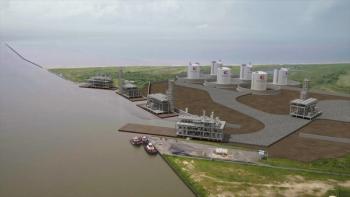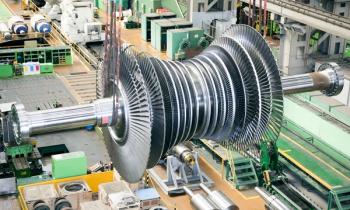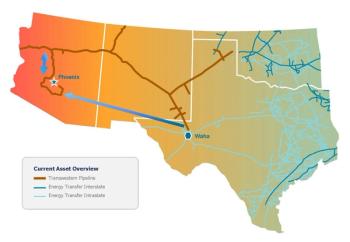
Control issues
This edition’s cover story was quite an adventure. It began as an exploration into the latest in controls and morphed into somethingmore involved.As a result, it is presented in two parts, the first ofwhich is in the November/December issue.
It deals with the thorny area of Distributed Control Systems (DCS) versus Programmable Logic Controllers (PLC) versus dedicated turbomachinery controllers. The premise of the article (which is best?) turned out to be a far from simple topic. Just about everyone in the controls universe weighed in — and opinions varied markedly.
Companies such as Woodward favored a dedicated controller and made a strong case as to why. Others such as Invensys and Wood Group GTS tended to advocate the PLC/open platform approach, and still others such as Emerson preferred the DCS. Treading more of a middle ground, though, were companies such asTri-Sen andDresser-Randwho offermultiple approaches.And Continuous Control Solutions favors software-based control.
Despite their stated views and preferences many agreed that the lines were blurring between DCS and PLC. Conclusion: There is no easy answer to the question which is best. It all depends on the specific turbomachinery application and the needs of any associated processes.
Regardless of the method used, however, the controls space is one of the most vibrant and developing areas within our field. It would appear that controls and its associated software is going to continue to be one of the more important areas in turbomachinery going forward.
Hardware development will steadily eke out tiny advances in efficiency and performance in the coming years. But combined with improved software, refined algorithms and better digital controls, the boundaries of machine efficiency, performance and lifespan can be pushed much further.
As a result, you can expect to seemore controls articles in future editions. The next issue will carry part two in this series. Itwill tackle the subject of control system upgrades. With technology advancing in leaps and bounds, controls become outdated in a decade or so. It looks to be a false economy, these days, to hold onto aging or obsolete controls to keep costs down. In many cases, an upgrade can pay for itself quickly due to the improvement in production. Power generators, for example, can boost profits bymoving to better controls, thereby achieving a rapid return on investment.
But that’s all in the next edition. In the meantime, we have a magazine packed with variety — turbine fire protection safety, axial versus radial turbines, qualifying turbines for mechanical drive, CO2 compression, and more.
Enjoy our final issue of 2012. We wish you a happy holiday season and a prosperous 2013.
Newsletter
Power your knowledge with the latest in turbine technology, engineering advances, and energy solutions—subscribe to Turbomachinery International today.




